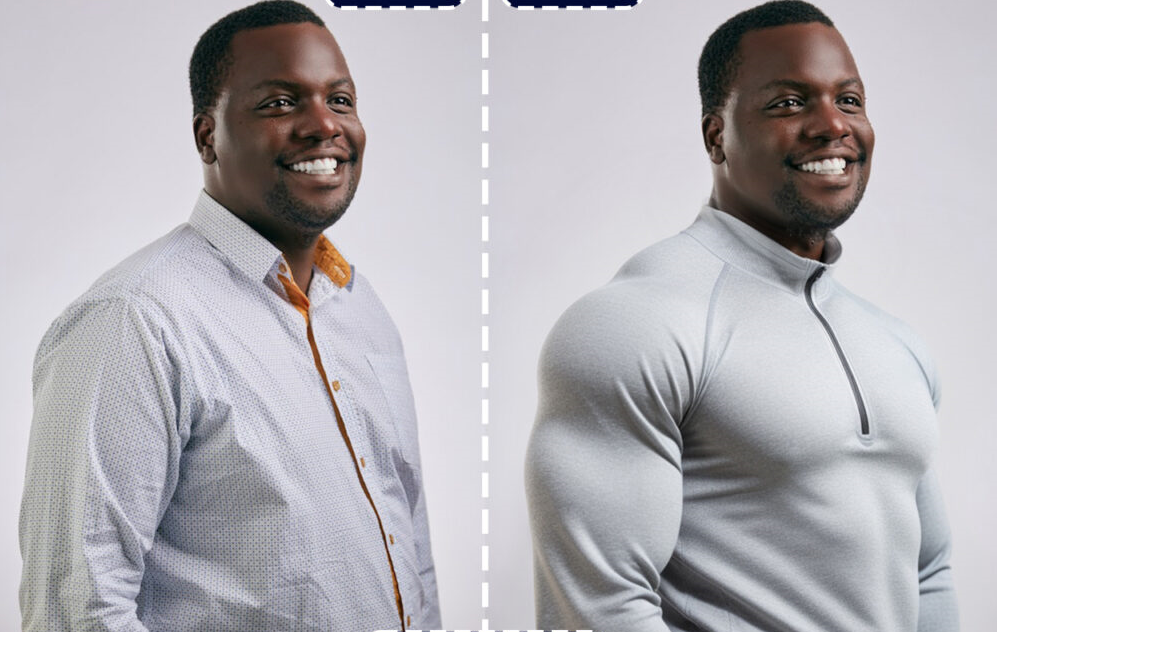Tiktok users want filter taken down

This new TikTok trend that involves using an AI filter to make conventionally attractive women appear larger is, as you’ve pointed out, another troubling example of the internet’s ongoing relationship with body image, where humor and trends often clash with the real harm they can perpetuate.
The fact that it’s being packaged as a joke, with the “Chubby” filter, highlights how society's obsession with body types continues to manifest in ways that seem trivial but can be deeply damaging.
The irony of using an AI tool to distort one’s body, shifting it toward something that is often mocked in mainstream culture (i.e., larger bodies), is what makes the trend so concerning.
While some may argue that it’s harmless fun, it carries a much more sinister undertone when viewed through the lens of societal pressures on body size and appearance.
The fact that some TikTok users are laughing about inflating their size as a joke trivializes the very real challenges that people face when it comes to body image and weight, especially when much of the humor relies on outdated and harmful ideas about what is considered "desirable."
This "trend" is eerily similar to earlier online phenomena where people used Photoshop or filters to make celebrities appear larger — often as a form of mockery.
These past trends sometimes carried with them deeper, critical commentary on body standards and the manipulation of images. But, as you mentioned, this new filter trend lacks any sort of higher purpose.
It's simply a way of poking fun at people who don’t meet the narrow ideal of thinness, potentially reinforcing harmful body ideals.
What’s even more worrying is how such trends can subtly contribute to the normalization of diet culture, pro-ana behavior (i.e., behaviors promoting anorexia), and the perpetuation of unrealistic beauty standards, especially among younger, impressionable audiences.
Many young people are already navigating the complex world of body image issues, and these kinds of trends — where being bigger is a punchline — only serve to fuel those insecurities, whether intentional or not.
You are right in highlighting the risk of "spiraling back down to the pro ana death to fats era." The celebration of this filter in the context of modern beauty standards, where thinner bodies are still often seen as more desirable, can cause harm in ways that are not immediately obvious.
Social media trends like this tend to be short-lived, but the impact on body image can linger much longer. In the end, it feels like we're witnessing another cycle of harmful beauty standards being perpetuated under the guise of "humor" or "irony." It's a stark reminder that online trends should be examined critically, especially when they involve something as personal and potentially harmful as body image.
More details on Social media users want filter to be take down.
